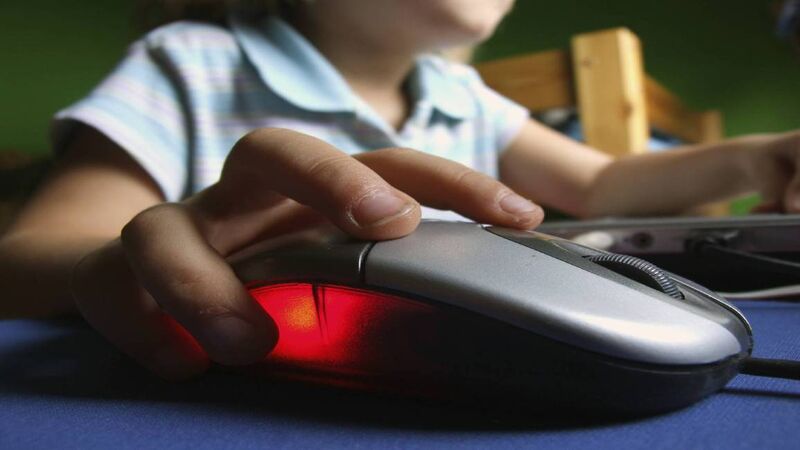Children's screen time and social media use up more than 70% during pandemic

Children’s use of smart devices and general screen time has jumped hugely as the Covid-19 pandemic unfolded here, with a negative impact on online safety and family wellbeing.
Those are the conclusions of a new research study that shows children here used smartphones 71% more than usual and social media 72% during the lockdown months.










